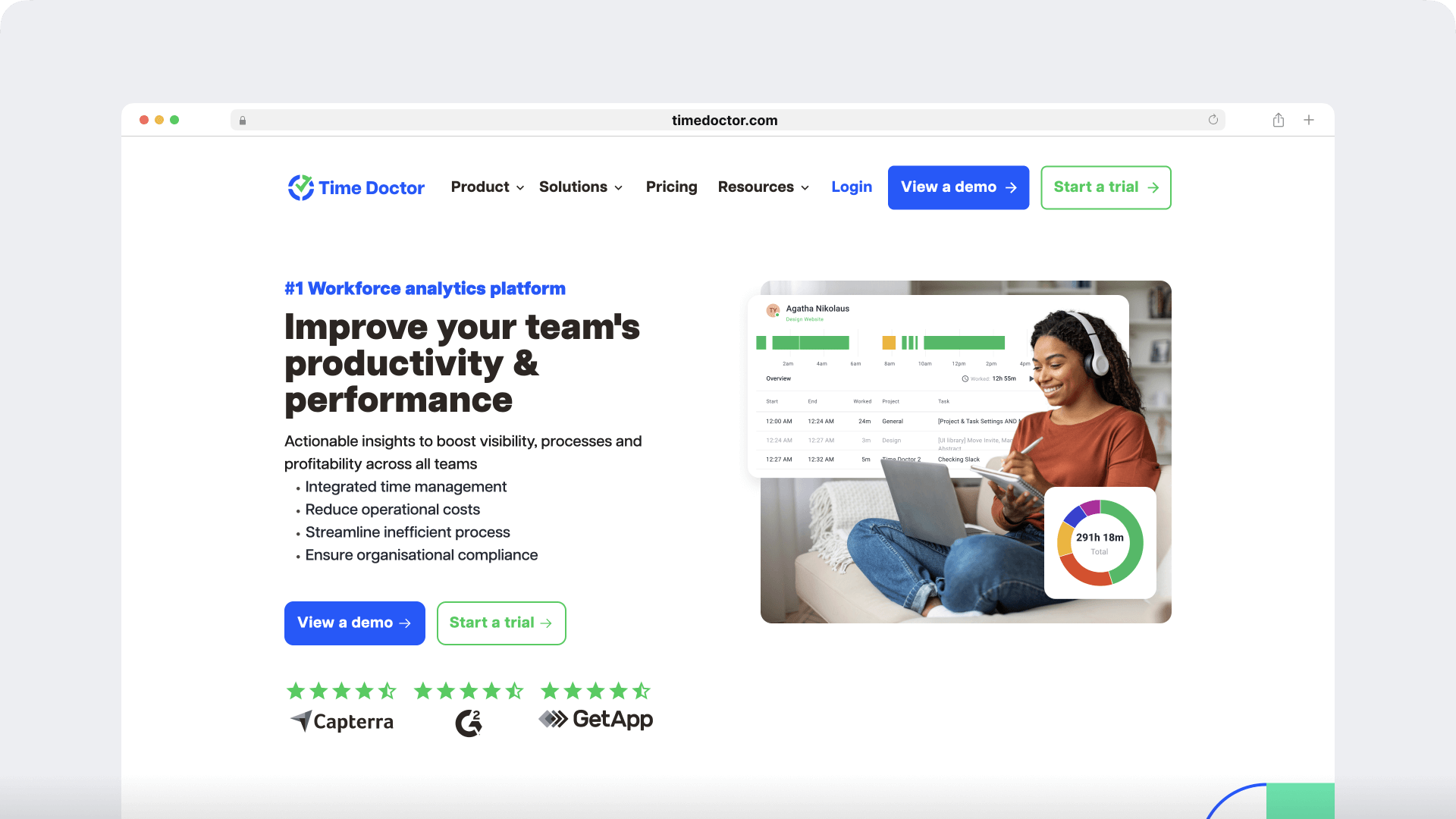2.9K
For all U.S. based companies or companies with employees in the U.S., FLSA compliance is a major responsibility. Ask anyone in HR or leadership and they will tell you how important it is.
In the same breath, they’ll also tell you how time consuming it can be. Operating a remote business can make FLSA compliance even more difficult.
With the recent increase in remote work, many companies are struggling with questions on how to stay compliant in their new remote or hybrid work environments.
What is FLSA compliance?
To put it simply, the Federal Labor Standards Act (FLSA) requires employers to pay its nonexempt or hourly employees for all hours that employees work, including any time spent outside of their regular scheduled work hours.
It also establishes minimum wage, overtime pay, record keeping and youth employment standards. This act states that employees must be paid no matter where the work is performed and they must be paid for any overtime.
Companies of all types need to maintain compliance with the FLSA by ensuring that they are compensating employees fairly for all hours worked in order to protect themselves from legal repercussions and fines.

Why FLSA compliance is crucial
- Legal obligations: The Fair Labor Standards Act (FLSA) is a federal law that mandates compliance for all U.S.-based companies or companies with U.S. employees. Failure to adhere to FLSA regulations can result in hefty fines, legal disputes, and damage to your company’s reputation.
- Protection against wage theft claims: FLSA compliance ensures that employees are paid fairly for all hours worked, which protects companies from wage theft claims and potential lawsuits. These claims can lead to financial penalties and legal fees, further emphasizing the importance of accurate time tracking.
- Employee trust and retention: Ensuring that employees are compensated accurately fosters trust and loyalty within the workforce. Employees who feel secure in their compensation are more likely to remain with the company, reducing turnover rates and associated costs.
- Complexity in remote work environments: With the rise of remote and hybrid work models, maintaining FLSA compliance has become more complex. Companies must now track work hours across different time zones and ensure compliance regardless of where the work is performed.
How does Time Doctor help?

Now that remote and hybrid workforces are becoming more common, organizations need an easy and accurate way to keep track of all time that employees work.
There are many tools that can be used for employees to clock in and out, but Time Doctor provides the extra visibility that employers need to ensure that they are recording all hours worked. We’ve created the list below of how Time Doctor makes FLSA compliance easy and saves hours of manual administrative work.
- Stop manually updating spreadsheets and checking different systems to compile your reports. Time Doctor makes this easy by showing you the total hours worked on our real-time dashboards and through our analytic reports. The Hours Tracked Report provides the total hours worked per employee and can easily be exported or set up to be automatically emailed to managers and administrators daily.
- Time Doctor tracks both online and offline work. Occasionally, employees experience issues with internet connectivity or poor wi-fi, which may cause issues with accurate time records. Time Doctor will continue to track workday activity even when employees are offline, ensuring that all time is tracked and reported.
- Time Doctor’s new Work Schedules feature enables employers to create and edit work schedules within the Time Doctor application for more accurate reporting. This feature makes it easy for managers to track schedule adherence, overtime work, and hours worked outside of the normal work week from one centralized place. To learn more about how the Work Schedules feature can save you time, click here.
Whether your teams are based in the U.S. or you have offshore teams located in the U.S., Time Doctor makes it simple and easy to stay compliant with the FLSA.
To learn more ways that Time Doctor can help your organization, sign up to view a demo.

Liam Martin is a co-founder of Time Doctor which is software to improve productivity and help keep track and know what your team is working on, even when working from home.


